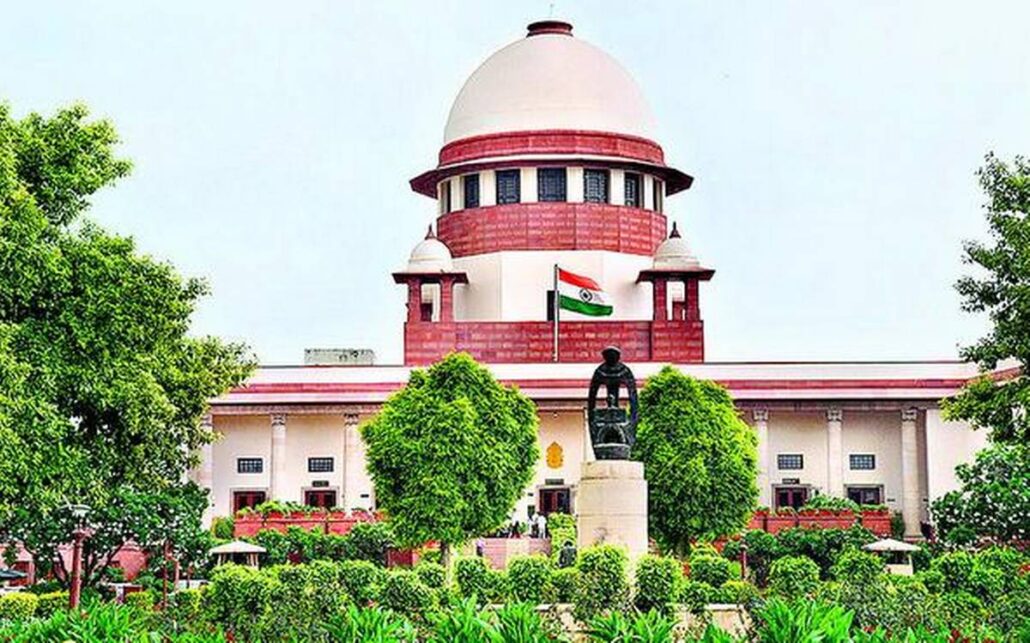
In a significant development, the Central government submitted an affidavit to the Supreme Court on October 29, asserting that citizens do not possess a general right to know the sources of electoral bonds.
The government’s affidavit highlights the need for reasonable restrictions on the “right to know” and emphasizes that it should serve specific purposes rather than being all-encompassing, as this could potentially hinder the functioning of a healthy democracy.
This legal challenge comes in response to a series of petitions contesting the electoral bonds scheme, particularly the amendments introduced in the Finance Act of 2017.
These amendments paved the way for the introduction of anonymous electoral bonds, allowing donors to contribute to political parties without revealing their identities.
The 2017 Finance Act made significant changes to various key laws, enabling political parties to receive funding through electoral bonds without disclosing the origins of these donations, a point of contention in this case.
The background of this legal battle includes an interim order issued by the Supreme Court in April 2019, which required political parties to disclose donor details and the amounts received through electoral bonds to the Election Commission of India.
However, in March 2021, the Court declined to impose a stay on the electoral bond scheme, raising questions about its transparency and accountability.
The government’s affidavit, submitted on October 29, 2023, firmly maintains the legality of the electoral bonds scheme and argues that it does not infringe upon any existing rights.
The Attorney General emphasizes that constitutional courts should review State actions only when they impact existing rights and should avoid dictating policies without parliamentary debates.
This case is now scheduled to be heard by a five-judge Constitution Bench of the Supreme Court, with Chief Justice of India DY Chandrachud leading the proceedings, commencing on October 31, 2023.
What are Electoral Bonds?
To understand electoral bonds better, these financial instruments are akin to promissory notes. They are available in various denominations and can be purchased by Indian citizens or corporate entities.
These bonds enable donors to make anonymous contributions to their chosen political party, with the obligation for political parties to redeem them within 15 days of receiving the donation, adding an extra layer of complexity to the ongoing debate over transparency and accountability in political funding.




